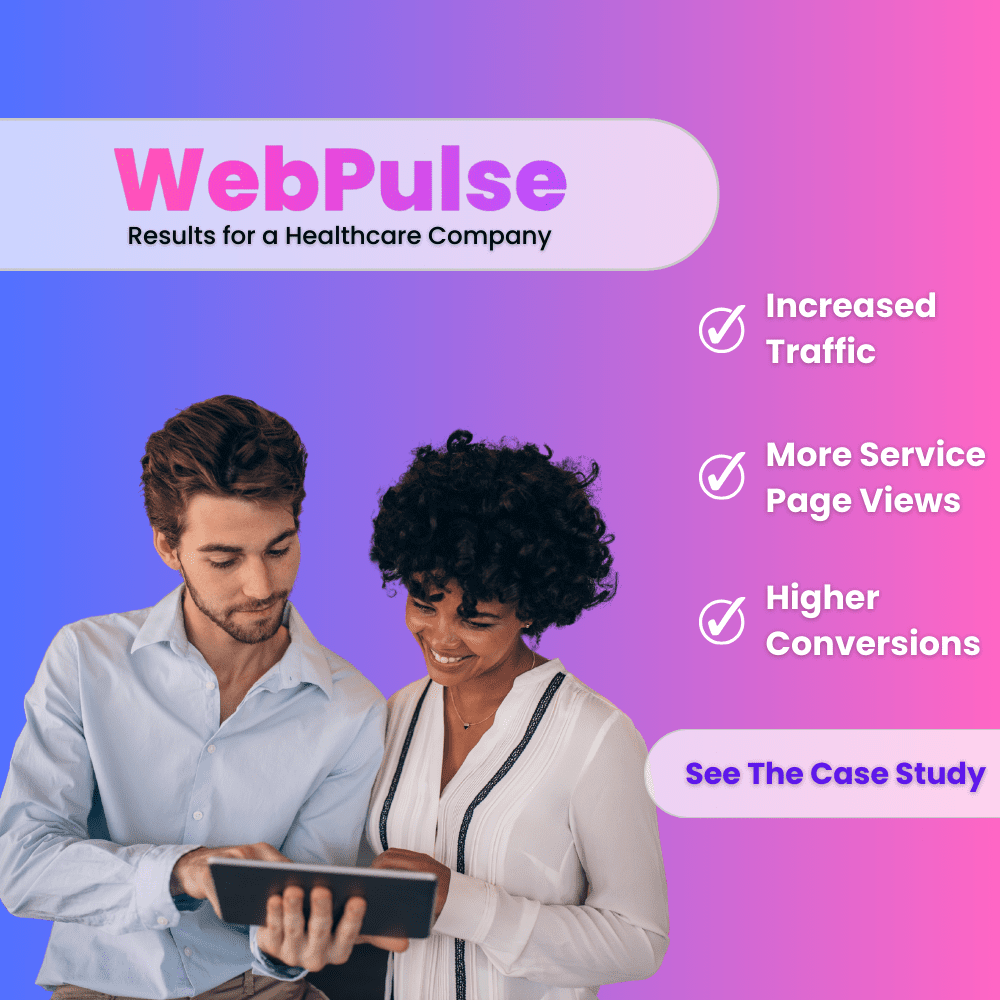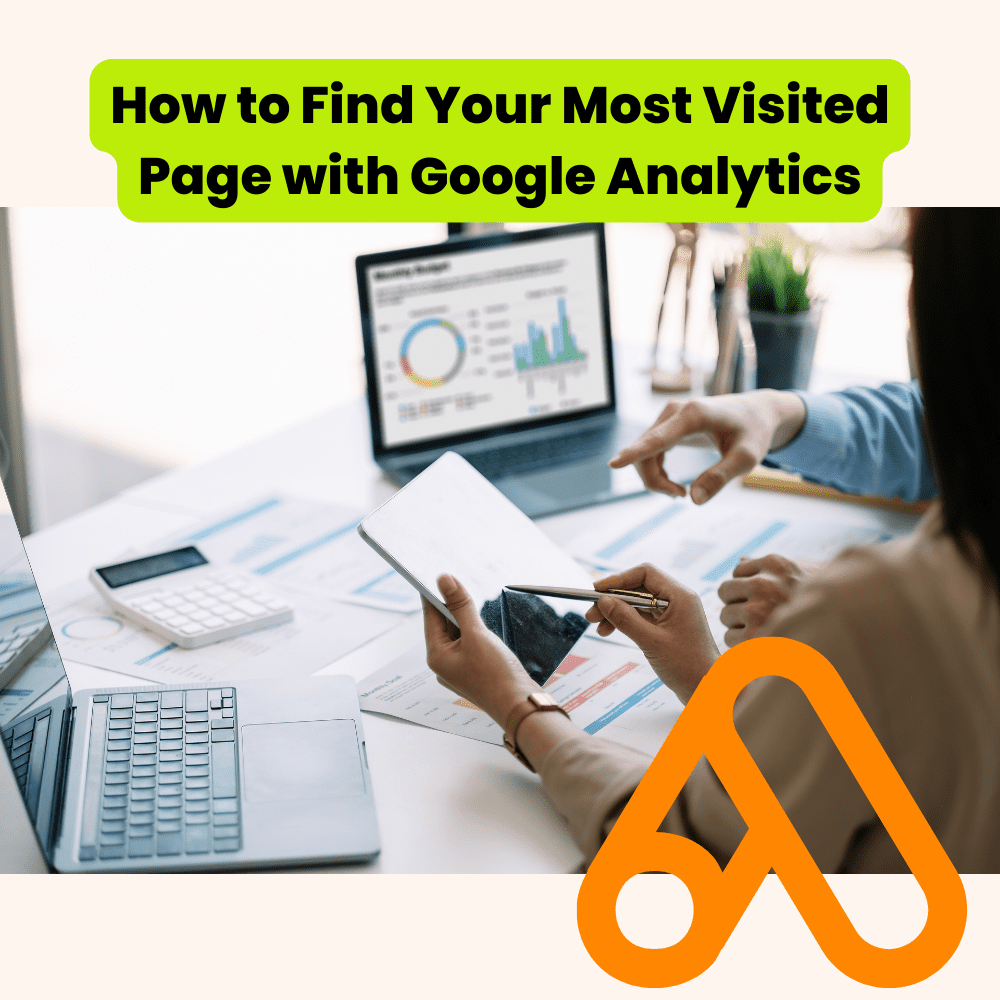For marketers looking to boost their business, AI is no longer just a buzzword but is quickly becoming a crucial aspect of web development. From enhancing the user experience to boosting customer engagement, there are numerous ways to leverage this technology to better your business. In this blog post, we’ll explore the many options for incorporating AI into your website in 2024.
The benefits of adding AI into your website
As a marketer, embracing AI on your website translates to several advantages:
- Improved User Experience: AI-driven personalization ensures that each visitor has a tailored journey, enhancing satisfaction and engagement.
- Enhanced Efficiency: Automation of routine tasks allows your team to focus on strategic, high-impact activities, increasing overall productivity.
- Data-Driven Insights: AI analytics provide invaluable data, aiding in decision-making, targeted marketing, and understanding user behavior.
In a nutshell, integrating AI into your website empowers you to deliver a seamless and personalized experience while optimizing operations and leveraging data-driven strategies.
Steps to incorporate AI into your website
Now that we’ve explored various applications of AI for marketers, let’s delve into practical steps to seamlessly integrate AI into your website strategy.
- Assess your website’s specific needs and goals
Begin by evaluating your website’s objectives and identifying areas where AI can enhance performance. Whether it’s improving user engagement, streamlining operations, or optimizing content, a clear understanding of your goals is crucial.
- Choose the right AI tools and platforms
Selecting the right AI tools is pivotal. Consider your budget, technical capabilities, and the specific functionalities you require. From AI-driven chatbot platforms to content optimization tools, choose solutions aligned with your marketing objectives.
- Collaborate with developers or using user-friendly AI integration solutions
Depending on your technical expertise, collaborate with developers, such as us here at Syzmic, to integrate AI seamlessly. Alternatively, explore user-friendly AI integration platforms that allow marketers to incorporate AI functionalities. Strike a balance that suits your team’s capabilities and project requirements.
Integrating AI-powered chatbots for customer engagement
Customer engagement is no longer a one-way street; it’s a dynamic conversation. AI-powered chatbots offer marketers powerful tools to enhance customer interactions and satisfaction. There are numerous chatbots you can choose from, including Hubspot Chatbot Builder and Intercom.
Instant support
AI chatbots are not just about automating responses; they’re about providing instant solutions. Customers appreciate swift support, and AI chatbots excel at addressing queries promptly, ensuring a positive user experience. Whether it’s troubleshooting, product inquiries, or general information, these virtual assistants are available around the clock.
24/7 availability
Traditional customer support has limitations, primarily revolving around business hours and time zones. AI chatbots break these barriers by offering 24/7 availability. This ensures that potential leads and existing customers receive assistance whenever they need it, contributing to increased customer satisfaction and loyalty.
Human-like interactions
The sophistication of AI chatbots lies in their ability to comprehend natural language. Gone are the days of rigid and predefined responses. Today’s AI chatbots use natural language processing to understand user inputs, allowing for more conversational and human-like interactions. This not only makes communication more enjoyable for users but also contributes to more effective issue resolution.
Data-driven insights
Beyond providing instant support, AI chatbots are data generators. Every interaction, every query, and every resolution contribute to a wealth of data. Marketers can leverage this data to gain insights into customer preferences, pain points, and frequently asked questions. This information becomes a valuable asset for shaping marketing strategies, tailoring content, and enhancing overall customer experience.
Personalized recommendations
AI chatbots, when integrated with customer data, can offer personalized recommendations. Whether suggesting products, services, or content, these recommendations are based on the user’s history and preferences. This level of personalization not only drives engagement but also increases the likelihood of conversions.
Multi-platform accessibility
AI chatbots seamlessly integrate with various messaging platforms and channels, meeting customers on their preferred communication platforms. Whether it’s on your website, social media, or messaging apps, AI chatbots ensure a consistent and accessible presence, maximizing reach and engagement.
As a marketer, incorporating AI-powered chatbots into your website strategy is not just about automation; it’s about creating meaningful and personalized interactions that resonate with your audience.
Personalized user experience with AI
Providing a personalized user experience is becoming more and more expected by consumers and companies that deliver stand to profit. AI plays a pivotal role in this endeavor, enabling you to tailor every interaction to the unique preferences and behaviors of individual users.
Utilizing AI to analyze user behavior and preferences
AI algorithms can analyze vast amounts of user data, tracking behaviors, preferences, and engagement patterns. This valuable insight allows you to understand your audience on a deeper level, identifying what resonates with them and what doesn’t. Zipy is one such user behavior analytics tool that gives deeper insights into user behavior, trends for mobile and website, and product adoption.
Implementing personalized content recommendations and product suggestions
AI-powered recommendation engines take personalization to the next level by suggesting content, products, or services based on a user’s past interactions. Whether it’s recommending similar products, personalized content feeds, or tailored promotions, AI ensures that every user feels like they have a unique and curated experience.
Using AI in content creation and optimization
AI is revolutionizing how content is both created and optimized for maximum impact.
Marketers no longer have to spend countless hours performing keyword research and generating blog and website copy from scratch. There are now numerous tools specifically designed for performing SEO research and generating optimized content. Here are a few of the more specific ways AI is coming into play.
Keyword research
AI empowers marketers with keyword research tools like SEMrush and Ahrefs. These tools go beyond traditional keyword analysis, utilizing machine learning to identify semantic relationships, uncover long-tail keywords, and predict keyword trends. Marketers can refine their SEO strategies based on these insights, boosting website visibility.
Content creation
There are numerous content creation tools you can use to generate SEO-optimized blogs and website copy, including AIContetfy.com, and Byword.ai. These tools offer a cost-effective way to generate SEO optimized content in bulk. If you’re not interested in paying for content generation, ChaptGPT or Ahref’s free AI writing tools are great options for generating site content for free.
Content optimization
AI-driven content optimization tools such as Rank IQ analyze existing content to identify areas for improvement. They provide suggestions for incorporating relevant keywords, improving readability, and enhancing overall SEO performance. This iterative process ensures that your content remains aligned with both user expectations and search engine algorithms.
User-intent analysis
AI algorithms can decipher user intent, allowing marketers to tailor content to what users are actively seeking. By understanding the nuances of user queries, marketers can create content that not only satisfies search engines but also resonates with the specific needs and interests of their audience. Nosto is a great tool for providing customers with personalized experience on e-commerce websites.
Conclusion
In 2024, embracing the power of AI is not just a choice; it’s a necessity. As you explore options for incorporating AI into your site, remember that the integration of AI is not about replacing human creativity but amplifying it. From optimizing user experiences to improving content, AI serves as a dynamic ally for businesses striving to stay ahead.
Want to chat more about website design or maintenance? Contact us.








0 Comments